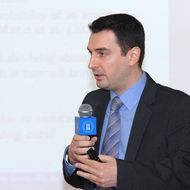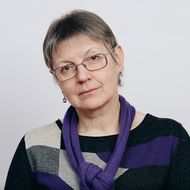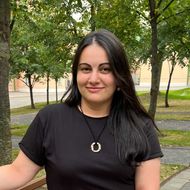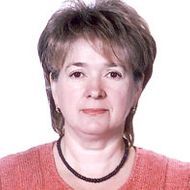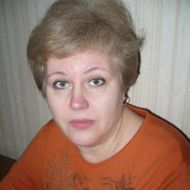
- A
- A
- A
- ABC
- ABC
- ABC
- А
- А
- А
- А
- А
-
Department
109028, Moscow,
Pokrovsky Boulevard 11, Rooms: S1029, S1030
Phone: +7 (495) 772-95-90*27172, 27174, 27601, 28270
The Department of Theoretical Economics brings together highly qualified specialists in various fields of economics, including micro and macroeconomics, monetary and financial theory, economic history and the history of economic thought. Our mission is to teach economic disciplines at HSE on the level of leading Western universities.
Economic Theory. 2026.
In bk.: International Economic and Monetary Architecture at the Crossroads Bretton Woods at 80. Routledge, 2025.
Antsygina A., Teteryatnikova M., Tremewan J. C. et al.
SSRN Working Paper Series. Social Science Research Network, 2025
- All news
- Admissions
- Education
- Research & Expertise
- Society
- Community
- On Campus
- Other


.jpg)



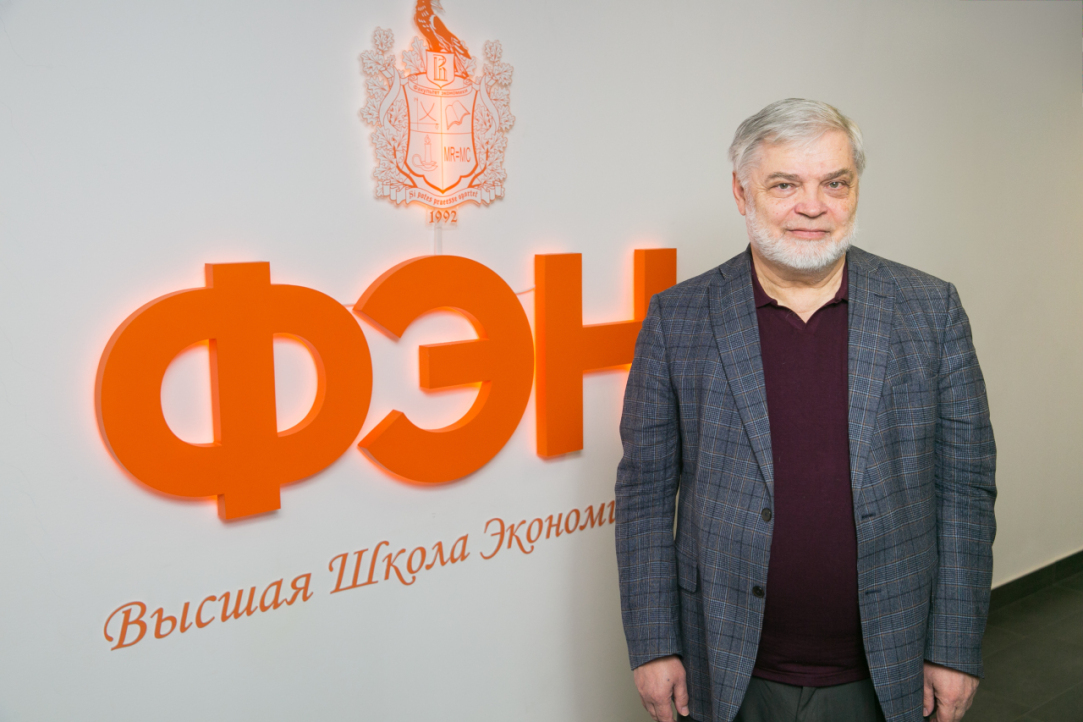

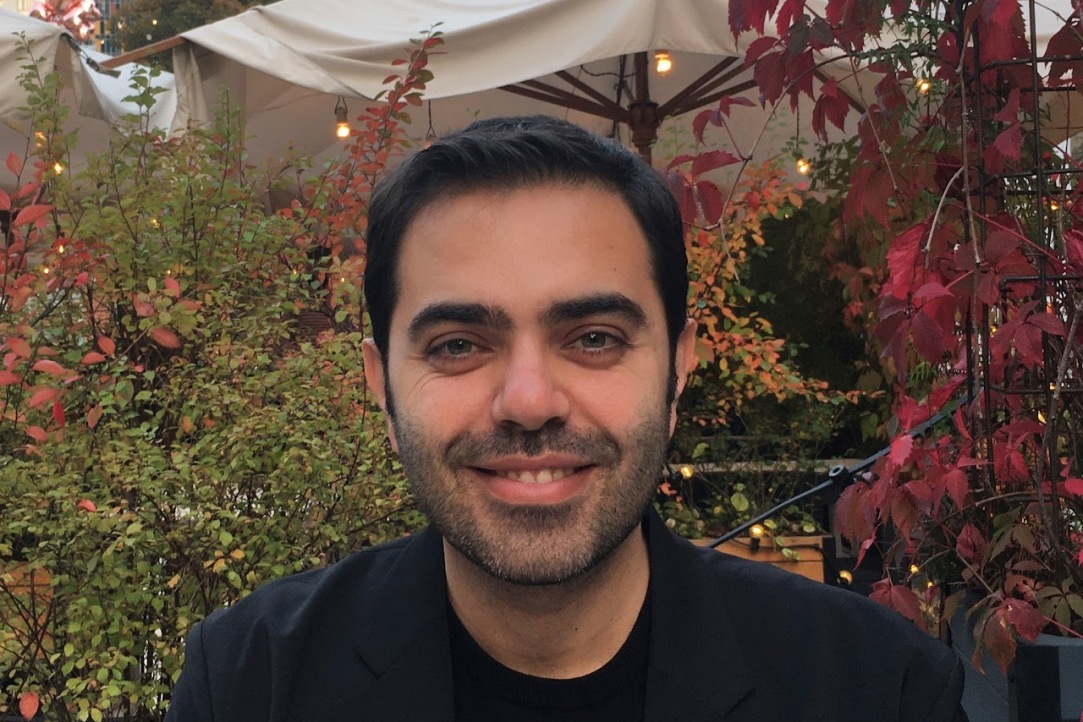

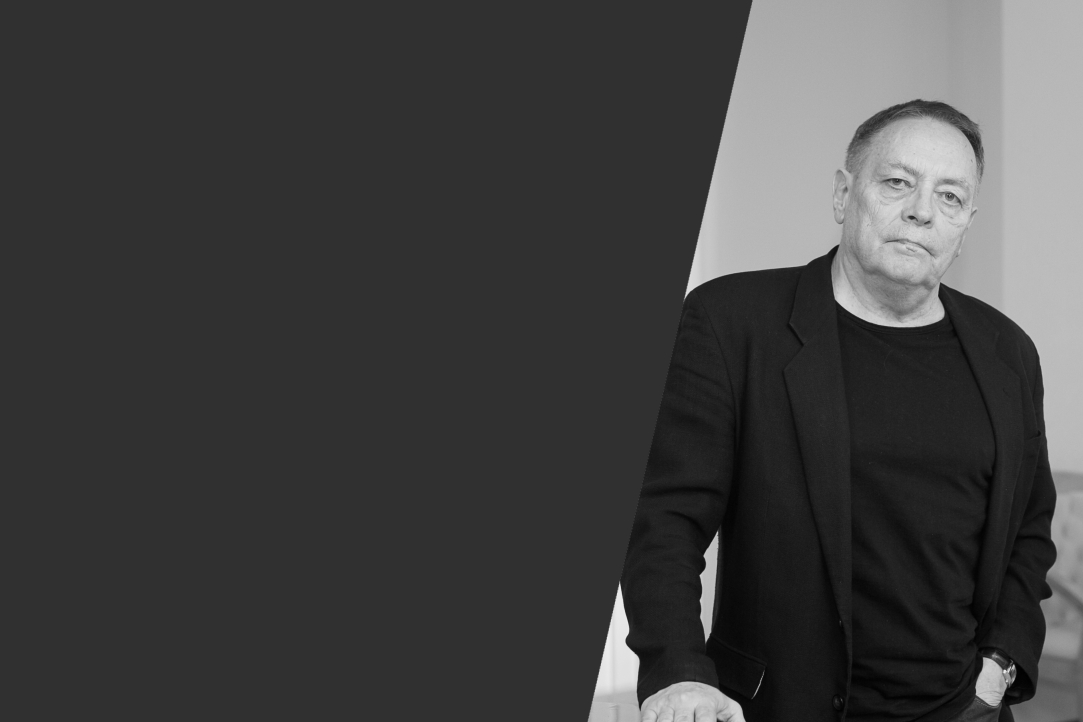





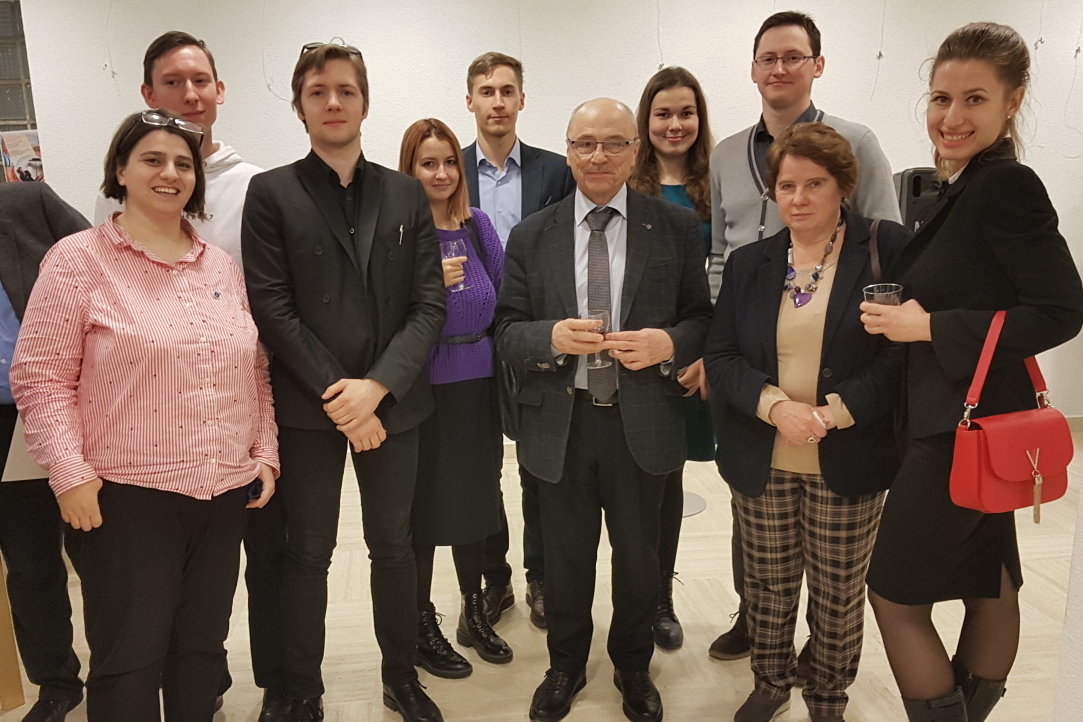

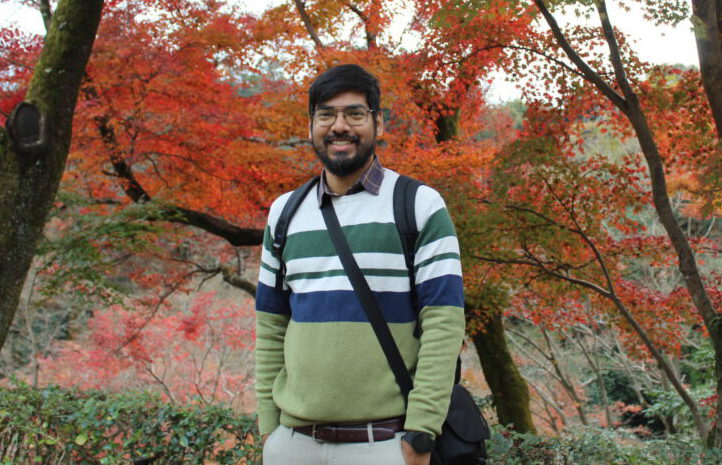






- About
- About
- Key Figures & Facts
- Sustainability at HSE University
- Faculties & Departments
- International Partnerships
- Faculty & Staff
- HSE Buildings
- HSE University for Persons with Disabilities
- Public Enquiries
- Studies
- Admissions
- Programme Catalogue
- Undergraduate
- Graduate
- Exchange Programmes
- Summer Schools
- Semester in Moscow
- Business Internship
- © HSE University 1993–2026 Contacts Copyright Privacy Policy Site Map
- Edit
